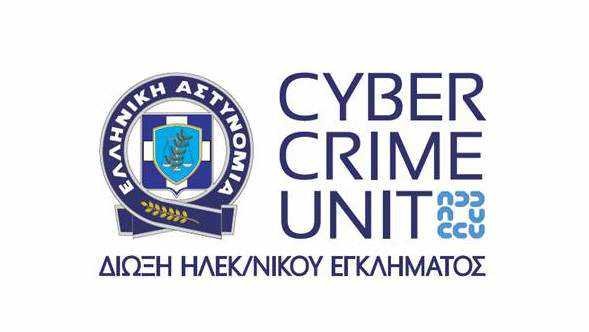Teleconferencing in 269 schools across the country, the Electronic Crime Prosecutor's Office today.
The Electronic Crime Prosecutor's Office (18-11-2014), in the context of a relevant decision by the Ministry of Public Order and the Protection of the Citizen and the Ministry of Education and Religious Affairs, has today made a very successful teleconference at 269 schools across the country.
The participating schools were invited through the "meetings.sch.gr" system of the Pan-Hellenic School Network and in this way they joined the videoconference.
During the teleconference a presentation was made by specialized Officers of the Electronic Crime Prosecution Division using audiovisual equipment.
More specifically, the themes that have been developed are:
-
The mission of the Electronic Crime Prosecutor's Office.
-
The purpose of organizing teleconferencing.
-
Offenses and the manner in which they are committed through Internet, as well as prevention practices.
-
The phenomena of cyberbullying, the risks arising from social networking sites and in general the prevention and treatment of risks related to new technologies.
-
Statistics on the penetration of Greeks online and the cases that the Electronic Crime Prosecution has to deal with.
During the presentation, a competent teacher from each school collected questions from the pupils they sent through the chat system and instant chat. The questions are answered during the videoconference by the specialized officers of the e-Criminal Prosecutor's Office conducting the presentation.
The update will continue next space across the country.





